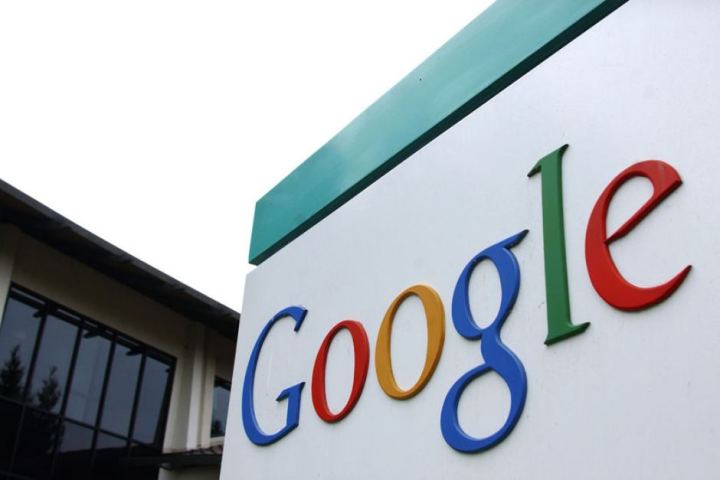
The move will be seen by some as an attempt by the Web company to improve its reputation among not only European news outlets but also the authorities there, especially as it comes soon after the European Commission accused Google of violating antitrust laws and abusing its dominant market position in Europe.
Google’s three-year Digital News Initiative aims to help media outlets make more money from their respective online efforts, and is similar in some ways to one the company launched in 2013 to assist a number of French media companies following a dispute over the way the Web giant used their content in Google News, the BBC reported.
In addition to working with media companies to help them increase their online revenue, Google will also offer Europe-based journalists specialized training in digital skills at offices in London, Paris, and Hamburg. It’ll also put money into research, with one such project aiming to look into how people consume news in their daily lives.
Carlo D’Asaro Biondo, Google’s head of strategic relationships in Europe, said in a speech in London on Tuesday that his company understood that technology firms and news organizations “are part of the same information ecosystem and we want to play our part in the common fight to find more sustainable models for news.”
He added, “We firmly believe Google has always aimed to be a friend and partner to the news industry, but we also accept we’ve made some mistakes along the way. We are determined to play our part in ongoing dialog and business partnerships with the aim of building something more sustainable.”
However, with Google facing increased scrutiny from the European authorities on a number of issues, any news organization that accepts funds and assistance from the Digital News Initiative will likely have to reassure its readers that its reporting of issues regarding Google will remain neutral.
Besides the run-in with French media firms in 2013, Google also faced action from the Spanish authorities last year when it demanded the Web company pay a licensing fee on story links in Google News. As a result, the Mountain View company chose to end its Spain-based Google News operation last December.
Editors' Recommendations
- Google Earth updates cool Timelapse feature with new imagery
- Google Fiber is bringing high-speed internet to five new states
- Google’s new website wants to make your job interviews easy
- All the new Chromebook features quietly announced at Google I/O
- This new Google Chrome feature may boost your search history


